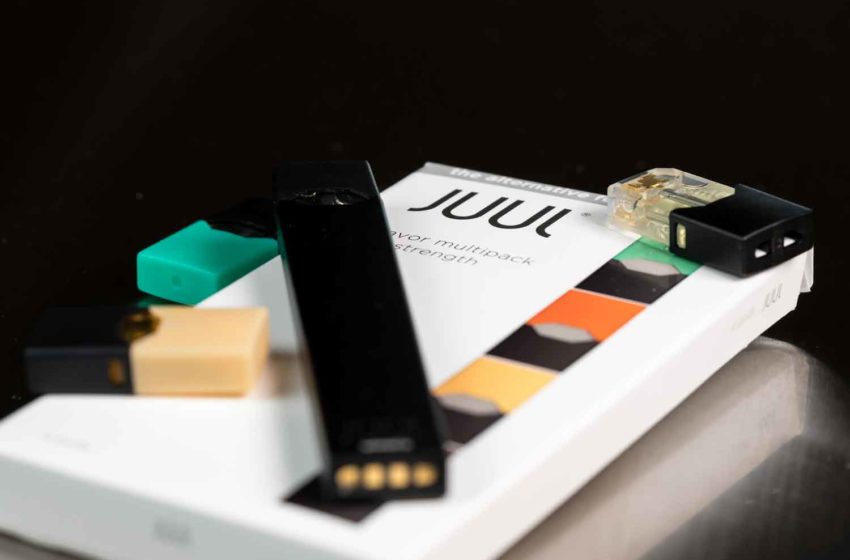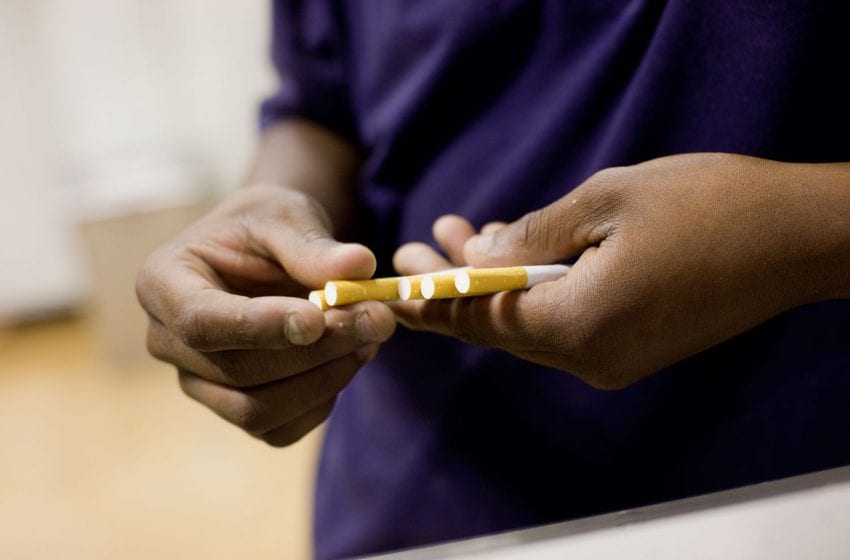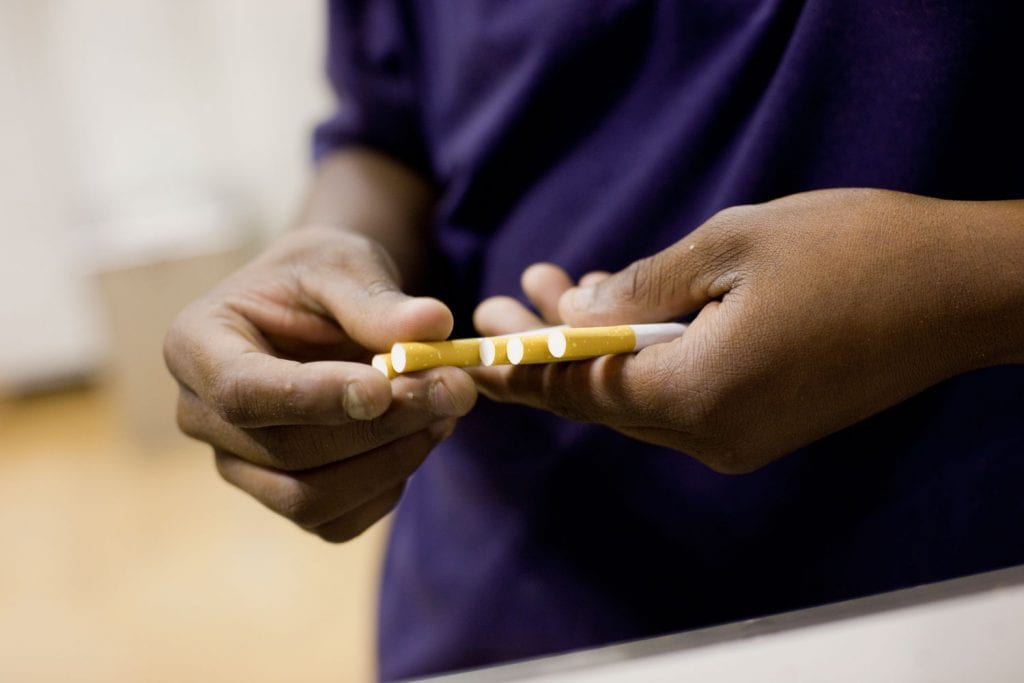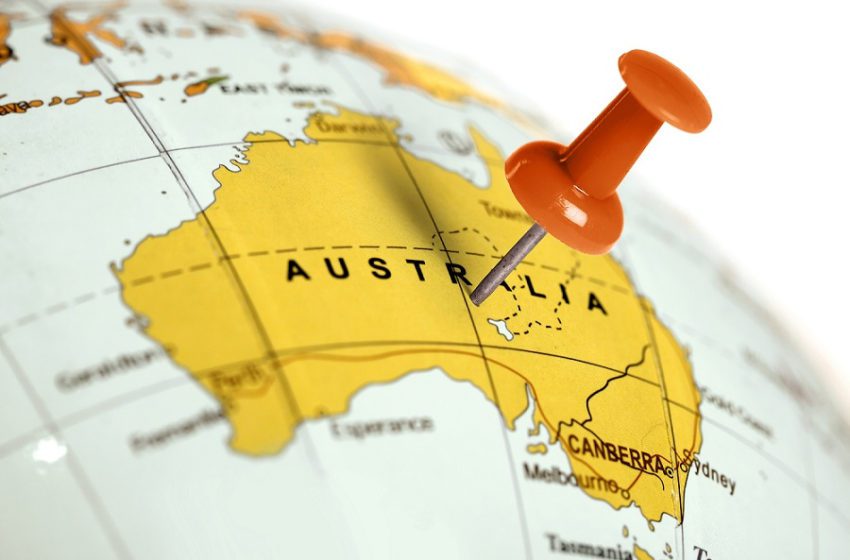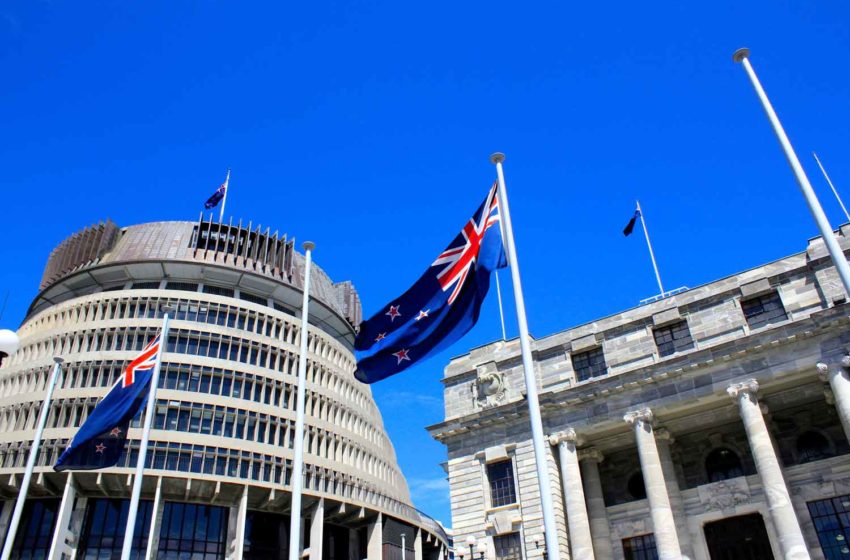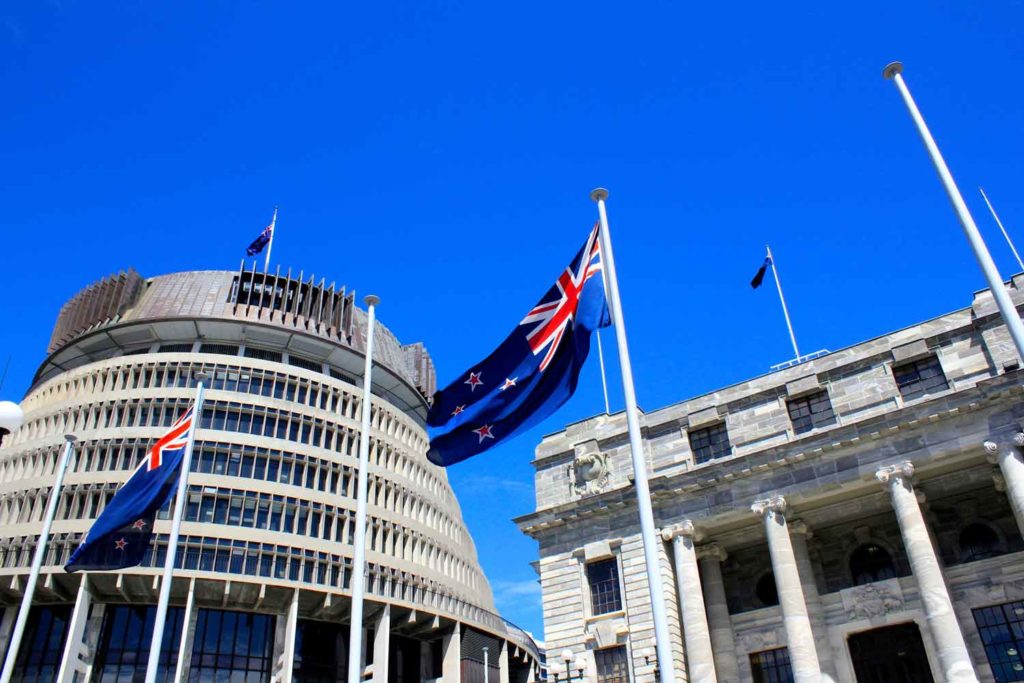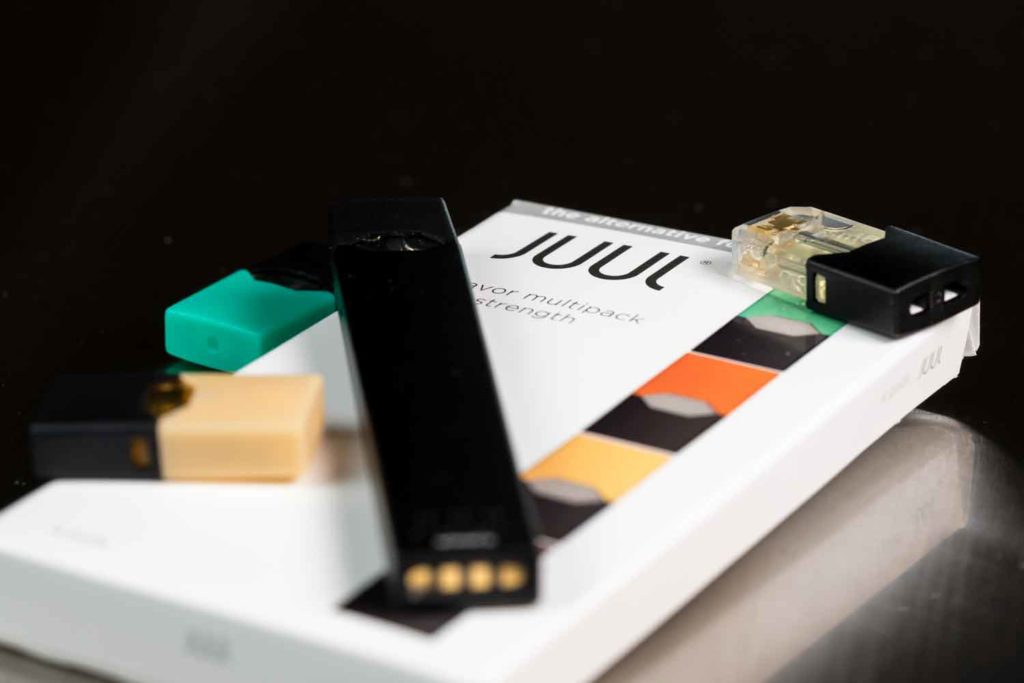
The government in the United Kingdom has been criticized for its “completely inappropriate” endorsement of Juul vaping products, according to The Guardian. Many organizations blame the manufacturer for fueling an “epidemic” of underage vaping in the U.S.
Juul Labs was lauded for its underage vaping prevention efforts in an official briefing circulated by the Department of Health and Social Care about the prime minister’s plan to close a loophole allowing free samples to be given to children, according to media reports.
The press release—which included quotes from Prime Minister Rishi Sunak, England’s chief medical officer, Chris Whitty, and Health Minister Neil O’Brien—portrayed the company as a leader in combating youth vaping, saying it “takes steps to ensure its products do not appeal to and are not used by anyone who is underage and encourages others in the sector to do the same.”
It also included a quote from Joe Murillo, a former tobacco executive and chief regulatory officer at Juul Labs, who praised the U.K. government’s policy and called for more to be done “to combat underage use of these products.”
The briefing—which was sent to journalists before the policy was announced publicly—appears to have directly resulted in positive media coverage for Juul, with Murillo’s quote republished by four national newspapers.

